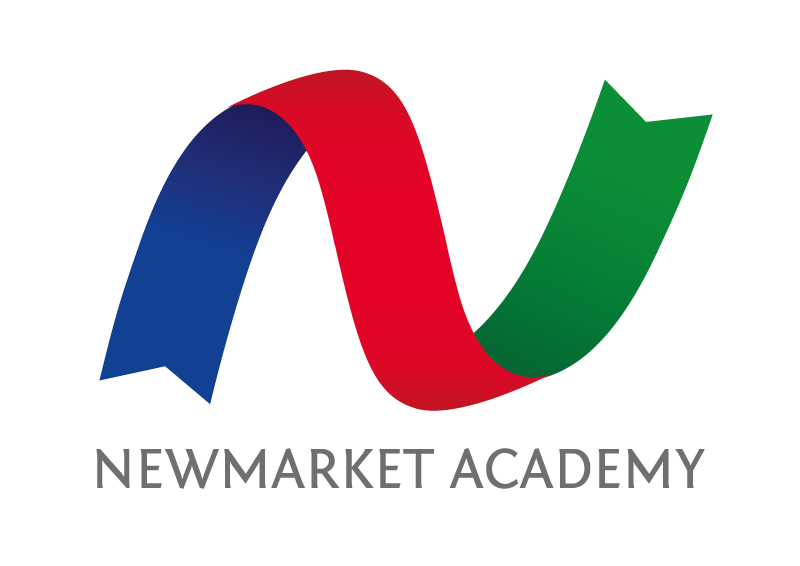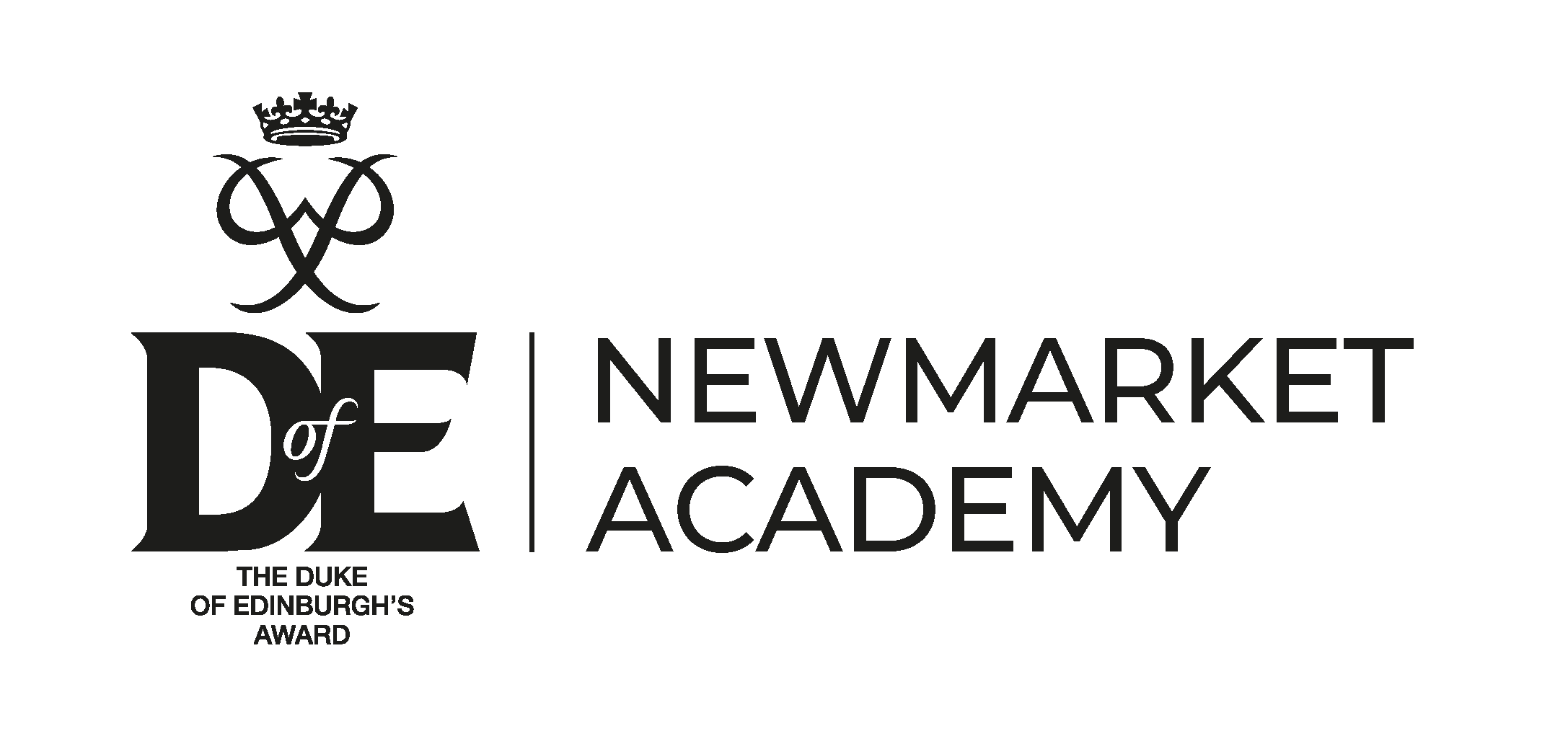History
Our Team

Humanities
Dawn Gordon – Head of Geography
Lucy Matten – Head of RE
Samuel Barker – Teacher of History, Head of Year 11
Sophie Gynn – Assistant Headteacher, Teacher of Geography
Robert Wilkinson – Teacher of Humanities
Oliver Joseph – Teacher of Geography
About Our Curriculum
Please view our curriculum plan, which is available in the attachments section on this page. Our curriculum plan gives details of the course content throughout the academic year, the associated examination board and online resources.
Why were the decisions made? (Rationale)
Our goal is to deliver a broad range of historical knowledge. We aim to give students the key knowledge to become informed and responsible citizens and also to give them the foundations for further study of history in KS4 and beyond. We aim to develop the full range of historical skills across the KS3 curriculum to ensure students can progress to future study as confident historians.
Our curriculum is built with careful attention to the development of chronological understanding but with plenty of opportunity to make links between different periods and enquiries. Where enquiries relate to KS4 GCSE content we avoid overlap except where there is core knowledge essential to the KS3 curriculum.
Curriculum decisions for history have been made in conjunction with our colleagues at Sybil Andrews Academy. However, there are some differences in the focus of enquiries as both schools have remained mindful of the importance of tailoring curriculum to local context.
What is the purpose of the curriculum? (Intent)
We believe that the purpose of a history curriculum is to develop students’ cultural capital. By building knowledge of key events and developments in British and world history we empower students to understand the world around them and help them develop into thoughtful, responsible and active citizens.
Our curriculum is designed around a strong chronological framework. Students come to us from a variety of backgrounds and a chronological overview of history has often not developed before KS3. We aim to develop that chronological framework through the sequencing and implementation of our curriculum.
Our strong chronological framework is underpinned by a range of enquiries which provide further structure to students’ key knowledge. These enquiries are linked within and across academic years to help students build connections in their knowledge and develop an increasingly secure understanding of key themes as they progress through KS3 and beyond. Key themes in our curriculum include the relationship between rulers and ruled, Britain’s relationship with the wider world and social change in Britain and beyond.
With second order concepts, we have chosen to structure our curriculum around a mastery framework to enable students to develop historical skills more securely. We begin with the concept of causation in Y7 and also start to build the ability to work with sources and simple interpretations. In Y8 we focus on change and continuity and similarity and difference whilst further developing our understanding of how to work with sources and interpretations. Y9 focus on significance whilst embedding their source and interpretation skills. Through our mastery approach, students are supported to develop their ability to read and write like historians supporting their development in history as well as in the broader school curriculum.
Diversity has also been at the core of our planning and we have included multiple enquiries to increase the diversity of our curriculum since we have returned to a three-year KS3. Enquiries are chosen carefully to support students in becoming responsible citizens of this community as we are an area which experiences lots of movement of people. Local history is considered in an enquiry on witchcraft and aspects of WW2 in our town. We believe that planning for diversity enables our students to be strong historians by the end of Y9 and prepares them for progression to GCSE or for their future as citizens if they leave the subject at KS4.
The Newmarket Academy history curriculum aims for as broad an approach to history as possible within the curriculum time given. Students begin with the Norman Conquest and study topics all the way through to developments in the early 21st century. Students also consider how Britain interacts with the rest of the world through topics such as migration and Empire. Throughout the curriculum, modern history topics are interleaved with prior periods where needed to assist students in building strong mental models of the past.

